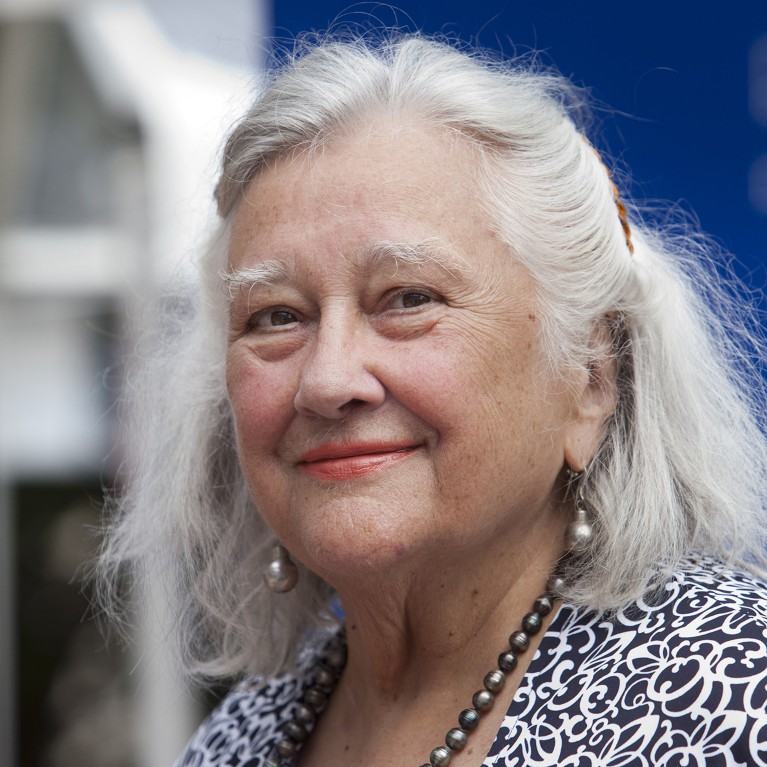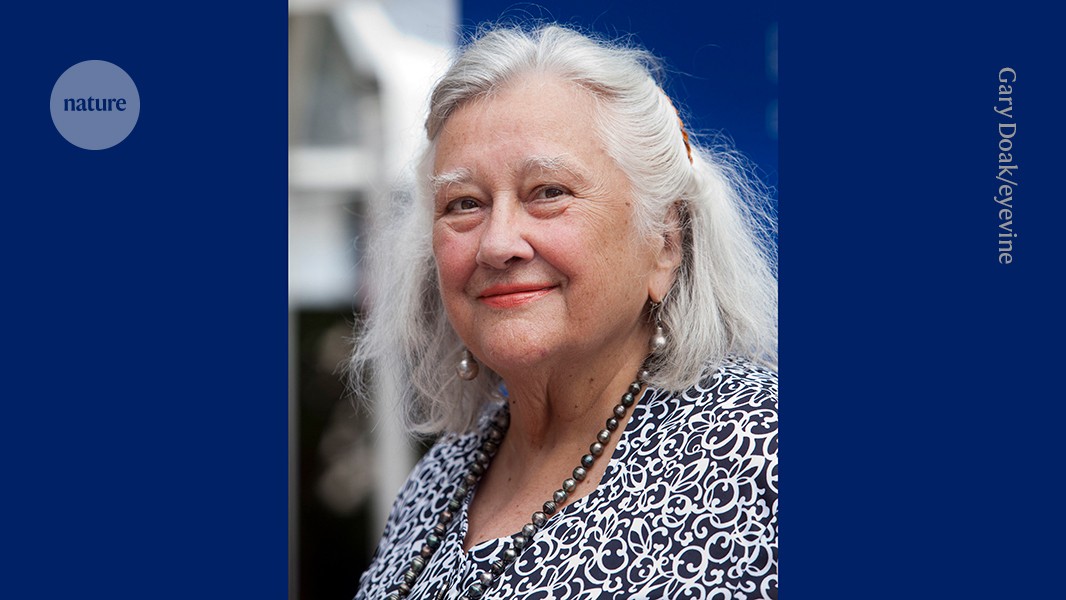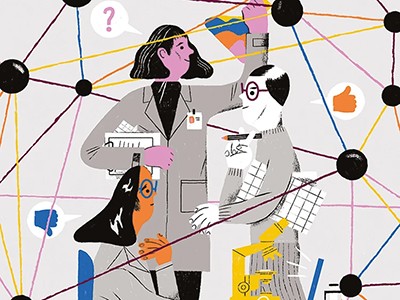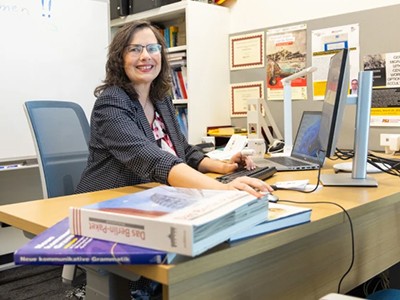
Credit: Gary Doak/eyevine
Margaret Ann Boden, one of the last surviving members of the first generation of artificial intelligence (AI) researchers, has died at 89. She was the sort of polymath that many AI scientists long thought essential to the field. Boden was particularly famous for her groundbreaking work on computational models of creativity.
The abstract of her seminal 1998 paper ‘Creativity and artificial intelligence’ in the field’s then-leading journal, Artificial Intelligence, perfectly encapsulates her ideas: “Creativity is a fundamental feature of human intelligence, and a challenge for AI. AI techniques can be used to create new ideas in three ways: by producing novel combinations of familiar ideas; by exploring the potential of conceptual spaces; and by making transformations that enable the generation of previously impossible ideas. AI will have less difficulty in modelling the generation of new ideas than in automating their evaluation.” (M. A. Boden Artif. Intell. 103, 347–356; 1998).
AI and science: what 1,600 researchers think
That final sentence — in classic scientific understatement — is now terrifyingly manifest in the AI-generated misinformation plaguing everything from students’ essays to legal opinions. Generative AI models are creative, but not necessarily intelligent. It’s prudent to be wary of anyone who, unlike Boden, doesn’t grasp that creativity is just one part of intelligence.
Boden identified as a cognitive scientist. Since 1980, she was professor of cognitive science at Sussex University, Falmer, UK, and in 1987 co-founded its School of Cognitive and Computing Sciences (COGS), which became the leading European centre for AI in the 1990s.
Yet, Boden’s first degree was in medical sciences, which she studied at Newnham College, Cambridge University, UK, and completed in 1958, achieving the highest grade in natural sciences across her cohort — despite having finished the three-year course in two years. Her second degree, in philosophy, came from the same institution one year later, at the then-new Cambridge Language Research Unit. Boden learnt that the unit’s head, Margaret Masterman, was thinking about language and machine translation in a particularly forward-thinking way.
Guide, don’t hide: reprogramming learning in the wake of AI
Words are not just a set of definitions, but more like a metaphor, with context-dependent meaning. One needs a thesaurus, not a dictionary, to translate — the approach now used by large language models. Like the US cognitive scientist Daniel Dennett, eight years her junior, Boden’s earliest philosophy papers were on what philosophers call ‘intentionality’ — how a mind can reference and interact with a world. The common thread between her studies in medicine and her interests in AI was Boden’s concerns about mental illness, free will, creativity and, initially at least, even religion. She wanted to understand how the mind works — entirely.




